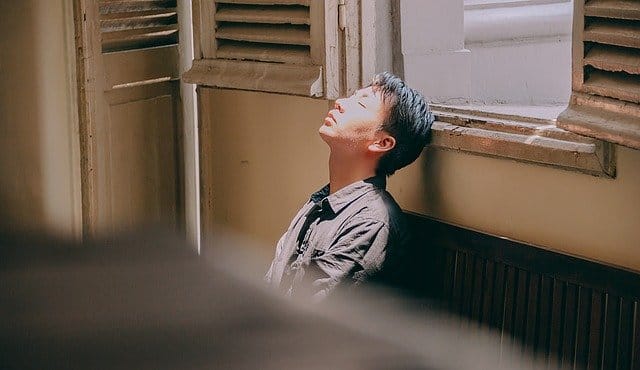Teen Depression | Youth Mental Health
Acknowledging that your child might be struggling with depression isn’t easy. Many parents hesitate—sometimes out of fear, guilt, or simple lack of understanding. But delaying help can turn a manageable issue into a lifelong struggle. Below are seven common, yet overlooked barriers that prevent young people from receiving the support they need—and how we can break through them.
1. Denial: “My kid? Depressed? Impossible!”
Both the teenager and their caregivers may find it hard to accept that depression is even on the table. Parents may fear that admitting it means they’ve failed. Teens may fear being seen as “weak.” But denial keeps the door shut on healing. Mental illness doesn’t mean failure—it means it’s time for support. The first step to treatment is accepting the possibility that something deeper may be going on.
2. Hidden Depression: “But they seem happy all the time.”
Teenagers with depression often wear masks. They laugh, socialize, and appear upbeat, but behind closed doors, they feel empty or overwhelmed. This coping mechanism helps them avoid questions, shame, or judgment. As a caregiver, it’s crucial to look past the surface. Pay attention to subtle signs—pessimistic talk, isolation, sleep disturbances, or sudden changes in behavior.
3. Humor as a Shield: “They’re the class clown—always joking!”
Humor can be a powerful distraction from pain. Many teens use jokes, sarcasm, or goofiness to hide serious internal struggles. Just like we saw with beloved comedian Robin Williams, those who make others laugh the hardest often cry the hardest when alone. Be gentle. Don’t force them to talk—but let them know you’re ready to listen without judgment when they are.
4. Mood Swings: “They’re always angry or exploding over nothing!”
We often expect depression to show up as constant sadness—but for many teens, it’s irritability, agitation, or sudden outbursts. When emotional triggers surface, the reaction may be sharp, angry, or explosive. It’s not always easy to see the depression behind the storm, but frequent mood changes combined with withdrawal or fatigue may be a cry for help.
5. Mislabeling It: “They’re just being a moody teenager…”
Adolescence is a period of intense change, both emotionally and physically. Because of this, depression symptoms are often brushed off as “just a phase.” But here’s the difference: when a low mood, hopelessness, or disinterest in once-loved activities lasts longer than two weeks, it’s a red flag. Don’t dismiss ongoing signs. Track patterns and seek professional input early.
6. Hidden Behaviors: “They did what?!”
When teens are depressed, they sometimes resort to destructive behaviors they hide out of shame—self-harm, substance abuse, risky behavior, or secretive crying. If your child is suddenly secretive, changing routines, or avoiding you more than usual, don’t ignore it. Ask open-ended, non-judgmental questions and stay involved.
7. Parental Shame: “I must have failed somehow…”
Parents may quietly blame themselves when a child struggles mentally. But this mindset does more harm than good. Depression doesn’t come with a single cause, and it’s not your fault. What your child needs is your presence, love, and support. As Lemony Snicket once wrote, “Love can change a person the way a parent can change a baby—awkwardly, and often with a great deal of mess.”
💡 Conclusion
Depression is treatable—but only if we stop ignoring the signs. Overcoming these seven barriers starts with one brave step: opening the door to honest conversation. Be alert. Be present. Be willing to learn. Your teen may not say it aloud, but they’re counting on you.


